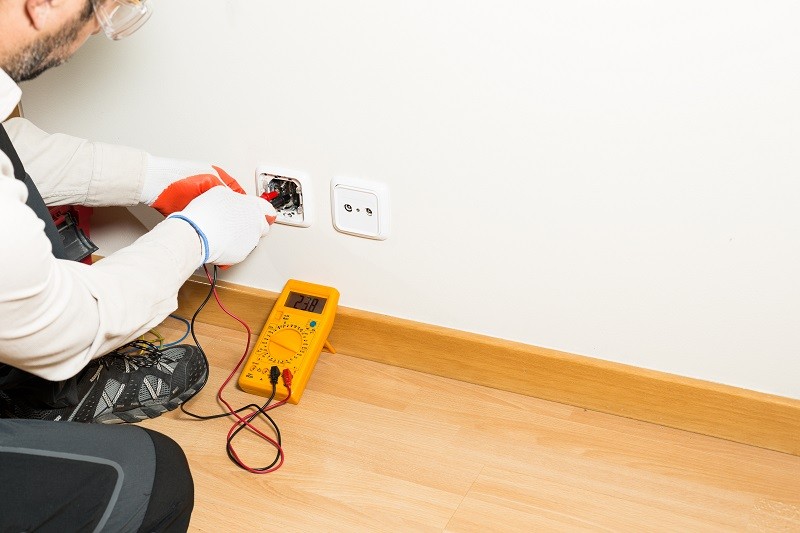Do your circuit breakers continue to trip? Are you tired of having to deal with the issue? If so, this can be quite frustrating. However, there are a few things you can do to handle these issues and get the electrical components in your home working properly and consistently.
What Happens when a Breaker Trips?
When a breaker in your home trips, it means that the current flowing into it has exceeded its capacity. If this happens, then the breaker will “trip” or turn everything off, stopping the flow of electrical current to that portion of your home. This is a safety feature, but if it happens more than it should, it can become quite annoying.
Common Causes of Breaker Tripping
There are more than a few things that can result in your breakers to trip; however, here are the five common reasons this may be happening.
- Excessive use of appliances. Every breaker in your home is designed to provide a set amount of electric current. This is measured in amps. If the amps are exceeded, then the breaker is going to trip. This often happens if you buy a new TV and attempt to power it by a circuit that is already at capacity.
- Appliances that require a large amount of electricity. There are some appliances, such as hair dryers, microwaves, portable heaters and vacuums that require a large amount of power. You should always operate these on a dedicated circuit to avoid issues.
- Damaged or worn out breakers. Some situations of frequently tripped breakers have to do with the breakers in question being worn out. Just like any other tool or appliance, your breakers have a set shelf life and will eventually stop working. If and when this happens, you may notice they begin to trip at random times, or that they may stop operating completely. You can call an electrician to replace the circuit breaker in question, which will fix the issue completely.
- Lightning strikes or storms. While this isn’t the most common cause of a tripped circuit breaker, storms can cause some issues. It is a good idea to consider whole-house surge protection to help prevent this. With this in place, you can also protect your high-cost, vital home appliances.
- Bad or improper wiring. If a wire starts to become worn, or if it is damaged, it will open up the home and the circuits to short circuiting. This will result in circuit tripping, and it is quite dangerous. As a result, you need to have your home’s wiring inspected regularly to ensure no issues are present.
You can’t be too careful when it comes to the electrical components in your home. If you think there is a problem and are unsure of how to handle it, you should call the professionals for assistance.


